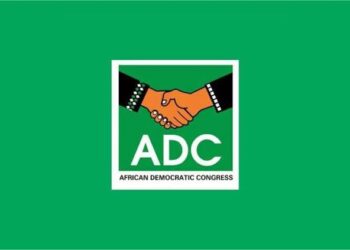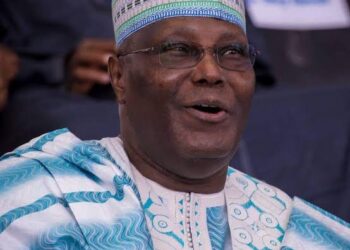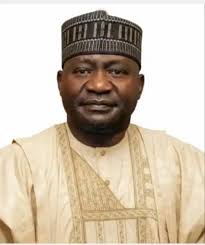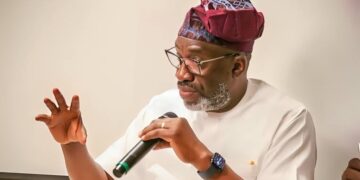Mansur Soro, a member of the House of Representatives and Chairman of the Committee on Small and Medium Scale Enterprises (SMEs), has criticized the government’s insufficient attention to the challenges faced by SMEs in Nigeria.
Soro, a member of the Peoples Democratic Party (PDP), explained that one of the primary obstacles to SME growth in Nigeria is the persistent issue of inadequate power supply. He warned that the planned increase in electricity tariffs slated for March would exacerbate the struggles of small businesses, making it even harder for them to thrive.
According to the lawmaker, SMEs, which rely heavily on affordable and stable power, would be further burdened by any increase in energy costs.
The representative from Darazo/Ganjuwa Federal Constituency in Bauchi State also pointed out the longstanding neglect of the Small and Medium Enterprise Development Agency (SMEDAN) by successive governments.
He highlighted that the agency’s funding has been consistently low, with the agency’s capital budget performance for 2024 falling short at a mere 25%. Soro emphasized that this lack of financial support has made it difficult for SMEs to access the necessary resources for growth and expansion.
Soro also stressed the importance of creating a conducive environment for SMEs by prioritizing initiatives like common facility centers and industrial development centers in states, powered by renewable energy such as solar. This, he believes, would help mitigate the energy crisis and reduce production costs for SMEs. However, he expressed disappointment that the 2025 Federal Government budget did not adequately address these needs, signaling a lack of commitment to supporting SMEs.
In response to the increasing power tariffs, Soro proposed that the government look into renewable energy solutions, which would help lower electricity costs for SMEs and alleviate some of their financial burdens. He further urged the President Bola Tinubu-led government to develop initiatives specifically designed to cater to the unique needs of SMEs, particularly in terms of access to power and funding.
Soro concluded by calling for a collaborative approach to addressing the challenges faced by SMEs in Nigeria. He suggested that stakeholders, including government agencies, business leaders, and industry experts, come together to agree on more effective systems for releasing funds and supporting SMEs. The lawmaker believes that such collaboration could help create a more robust and sustainable SME sector in Nigeria.





































